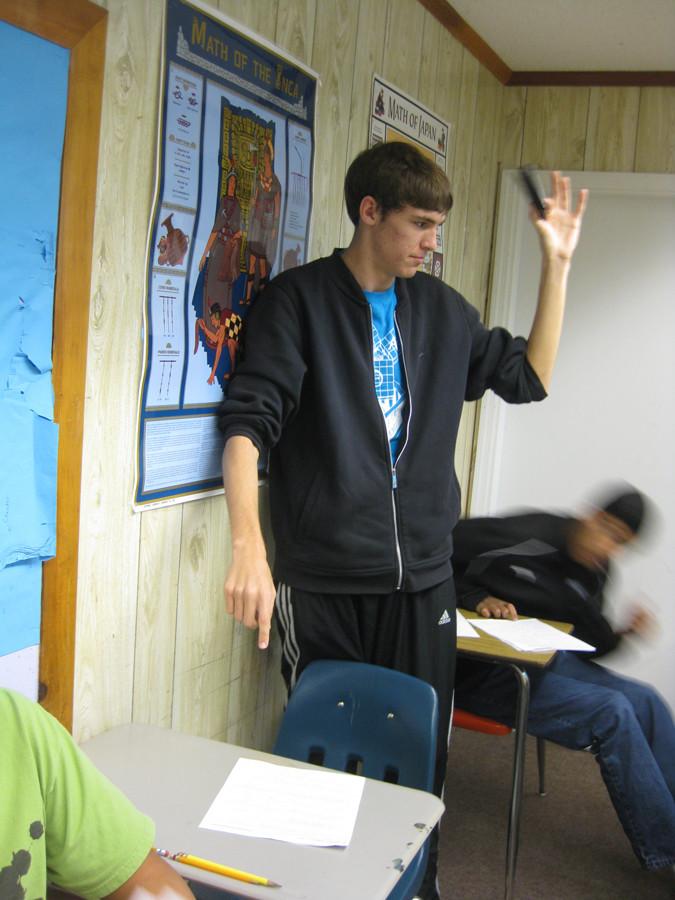On December 7 of last year, former governor of Illinois Rod Blagojevich was sentenced to 14 years of prison on almost 20 corruption charges related to, among other things, attempting to sell Barack Obama’s vacated Senate seat after he left for greener pastures—namely the office of President. Though the now-disgraced ex-governor has spent nearly three years in court, and even on reality television, protesting his innocence all the way, his eventual conviction brought a real message not only about the fallibility of those holding office, the triumph of the ruled over the rulers.
The sentencing of Blagojevich tops off a year of worldwide protest, a year that has witnessed the fall of many other abusers of power. From the fall of Gaddafi to the end of Mubarak’s reign in Egypt, to the successful changing of government in Tunisia, to the promised resignation of Yemen’s president, the year’s Arab Spring, Occupy Fall, and the continued protests that are lasting long into the winter have all shown the renewed strength of the populace in the face of tyrannical rulers.
Protests continue today against often violent regimes—in Bahrain and Syria. Others are protesting their more peaceful rulers, occupying many global centers of commerce despite an often-harsh winter. Even Russia, which has long had little tolerance for those opposing the ruling party, has had droves show up in opposition to Putin and his United Russia party’s continued control over the country, often employing widely-reported electoral fraud to get what they want.
And it all comes back to Blagojevich. When he was given “one of the longest [sentences] for any political corruption case in state history,” according to CBS, the former governor’s plight perfectly represented how a jury of twelve ordinary citizens could take on the man who abused the power they gave him.
This sentence encapsulates perfectly the power that can be exercised by the ruled over the ruling, even by peaceful means. The sentencing of Blagojevich sends a clear message to politicians all over the world that put their own interests above the populace they were elected to serve. No matter how petty the ethical violations committed by Blagojevich were in comparison to the violations of basic human rights in other countries, his sentencing shows that, at least in America, the people are no longer willing to put up with their leaders’ reluctance to govern honestly. Let the story of Blagojevich show that America can rise again to the paragon of democracy it once was, the country that dares to hold its leaders accountable.

























